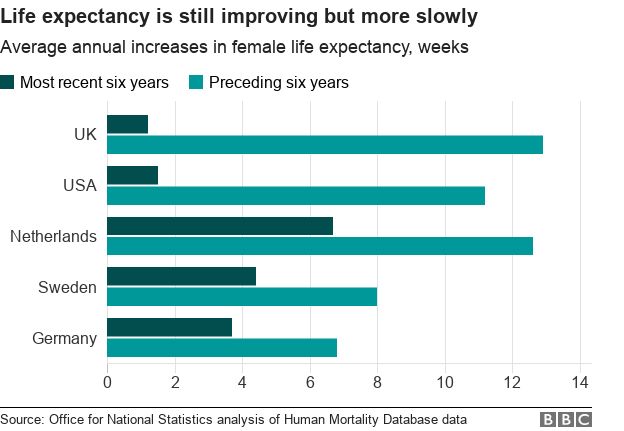Latest https://www.wikiwand.com/en/Epistemology
Two concepts are belief and truth. A counter case to belief is considered a mistake, the counter case to truth causes a revolution.
It is central to all discussions – people who disagree on axioms cannot usefully discuss unless the differences are irrelevant Showing irrelevance of difference is far more potent healer than endless arguments on establishing an accuracy of some axioms over others.
A truth is a necessary infallibly justified belief. Necessity separates all accidently true belief.
A justification is in terms of lower truths, hence you have infinite regress problem of continuous why? One sane way is to stop at some foundation. Another is “by evolution from big bang, details not known”. Another is admitting cycles. Infinitism says ”Infinite but I stop here for practical grounds”. Or you can drive the quizzer crazy by going into infinite loop yourself. In foundherentism, you finesse between foundationalism and circularity.
There is a distinction between "analytic" and "synthetic" propositions. Some propositions are such that we can know them to be true just by understanding their meaning. For example consider, "My father's brother is my uncle." We can know it to be true solely by virtue of our understanding what its terms mean. Philosophers call such propositions "analytic." Synthetic propositions, on the other hand, have distinct subjects and predicates. An example would be, "My father's brother has black hair."
As a matter of aaquantum-stoicism, the following are rejected whenever cost-possible. They do increment belief.
Two concepts are belief and truth. A counter case to belief is considered a mistake, the counter case to truth causes a revolution.
It is central to all discussions – people who disagree on axioms cannot usefully discuss unless the differences are irrelevant Showing irrelevance of difference is far more potent healer than endless arguments on establishing an accuracy of some axioms over others.
A truth is a necessary infallibly justified belief. Necessity separates all accidently true belief.
A justification is in terms of lower truths, hence you have infinite regress problem of continuous why? One sane way is to stop at some foundation. Another is “by evolution from big bang, details not known”. Another is admitting cycles. Infinitism says ”Infinite but I stop here for practical grounds”. Or you can drive the quizzer crazy by going into infinite loop yourself. In foundherentism, you finesse between foundationalism and circularity.
- A priori knowledge is a knowledge that is known independently of experience (that is, it is non-empirical, or arrived at beforehand, usually by reason). It will henceforth be acquired through anything that is independent to experience.
- A posteriori knowledge is a knowledge that is known by experience (that is, it is empirical, or arrived at afterward).
There is a distinction between "analytic" and "synthetic" propositions. Some propositions are such that we can know them to be true just by understanding their meaning. For example consider, "My father's brother is my uncle." We can know it to be true solely by virtue of our understanding what its terms mean. Philosophers call such propositions "analytic." Synthetic propositions, on the other hand, have distinct subjects and predicates. An example would be, "My father's brother has black hair."
As a matter of aaquantum-stoicism, the following are rejected whenever cost-possible. They do increment belief.
- Tradition
- Actions of greats
- Advice of greats
- Rules devised by greats
- Unexperimentable history
- Respectable tomes
- Religions
- Interpretations of greats
- deductive truths from accepted axioms
- High-sigma statistical truth (Legal to conclude swans are white unless reliable testimony of black swan, disprove costs must be below threshold from theory by tolerable people)

